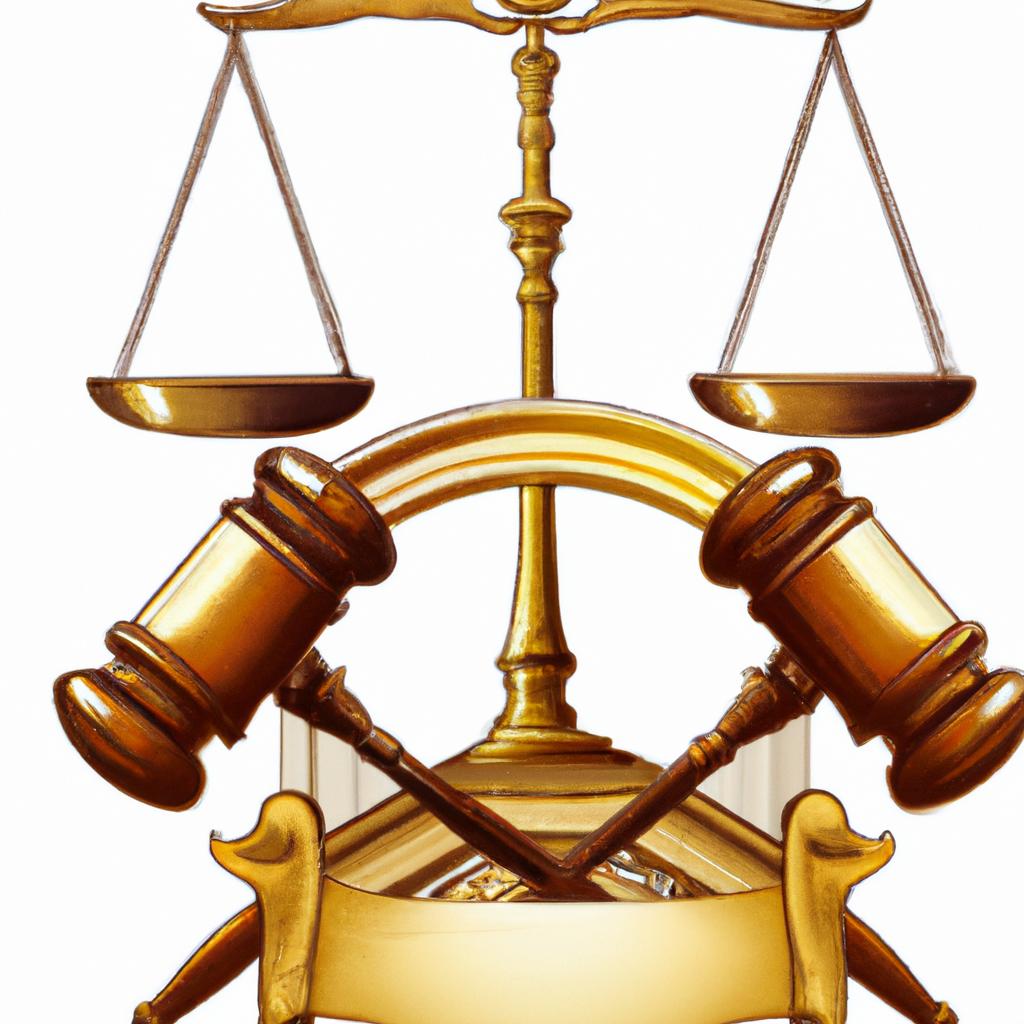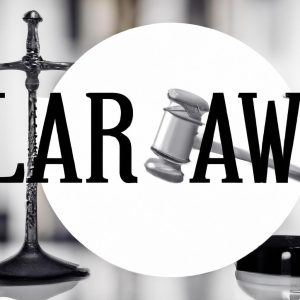As seasoned legal practitioners at Morgan Legal Group in the bustling city of New York, we are keenly aware of the intricate nature of estate planning and the vital importance of safeguarding the rights of heirs. In the realm of probate, elder law, Wills, and trusts, the entitlements of beneficiaries are subject to a web of statutes, regulations, and case law. In this article, we delve into the nuanced landscape of heirs rights, exploring the rights afforded to individuals inheriting assets from a deceased individual. Join us as we unravel the complexities of inheritance law and shed light on the rights that heirs are entitled to in matters of estate distribution.
Understanding the Importance of Heirs Rights in Estate Planning
Understanding the importance of heirs’ rights in estate planning is crucial for ensuring that your assets are distributed according to your wishes. Heirs have certain rights that must be respected during the estate planning process to avoid any legal disputes or challenges.
<p>By acknowledging and incorporating heirs' rights into your estate plan, you can protect your loved ones and ensure that they receive their fair share of your assets. It is essential to work with an experienced estate planning attorney to navigate the complexities of heirs' rights and create a comprehensive plan that meets your needs and objectives.</p>
Key Factors Influencing Heirs Rights Determination
In determining the rights of heirs in a legal context, there are several key factors that play a crucial role. One of the most important factors is the presence or absence of a valid will. A will is a legal document that outlines the distribution of a person’s assets after their death. If a valid will exists, the heirs’ rights are typically determined based on the instructions laid out in the will.
Another key factor influencing heirs rights determination is the laws of intestacy. In cases where there is no valid will, state laws of intestacy come into play to determine how the deceased person’s assets will be distributed among their heirs. These laws vary from state to state and typically prioritize spouses, children, parents, and siblings in the absence of a will.

Ensuring Fair Distribution of Assets Among Heirs
When it comes to , it is crucial to understand the legal rights that each heir possesses. In order to avoid disputes and ensure a smooth process, it is important to follow the appropriate legal procedures and guidelines. Heirs have certain rights that must be respected in the distribution process, and failure to do so can lead to legal complications.
Heirs have the right to receive a fair share of the estate, as determined by the deceased’s Will or state laws if there is no Will. It is important to carefully review the Will and ensure that all assets are distributed according to the deceased’s wishes. Additionally, heirs have the right to challenge the distribution of assets if they believe it is unfair or inaccurate. Consulting with a knowledgeable estate planning attorney can help heirs understand their rights and ensure that assets are distributed properly.

Best Practices for Protecting Heirs Rights in Estate Planning
Protecting Heirs Rights in Estate Planning
Ensuring that your heirs’ rights are protected in your estate planning is essential to avoid potential disputes and confusion down the line. By following these best practices, you can safeguard your loved ones’ inheritance and provide clarity and peace of mind for all involved.
Consider the following tips when planning your estate:
- Update Your Will Regularly: Make sure your will reflects your current wishes and is updated whenever there are significant life changes such as marriage, divorce, births, or deaths in the family.
- Be Clear and Specific: Clearly outline how you want your assets to be distributed and provide detailed instructions to avoid any ambiguity or misinterpretation.
- Choose a Trustworthy Executor: Select someone who is responsible and reliable to manage your estate and ensure that your wishes are carried out effectively.
Q&A
Q: What is the concept of “heirs rights”?
A: “Heirs rights” refers to the legal rights that heirs have to inherit the assets of a deceased person.
Q: Who is considered an heir under the law?
A: An heir is typically a close relative of the deceased, such as a spouse, child, or parent.
Q: What rights do heirs have in relation to the deceased’s assets?
A: Heirs have the right to inherit a portion of the deceased’s estate, as determined by the laws of intestacy or by the deceased’s will.
Q: Can heirs challenge a will that they believe is unfair or invalid?
A: Yes, heirs have the right to contest a will if they believe it was not created in accordance with the law or if they believe they were unfairly left out of the will.
Q: Are there any situations where heirs may not have rights to inherit from a deceased person?
A: In some circumstances, if a person creates a valid will or trust and specifically disinherits certain individuals, those heirs may not have rights to inherit from the deceased.
Q: How can heirs protect their rights to inherit from a deceased person?
A: Heirs can protect their rights by ensuring that the deceased person has a valid will or trust in place, by seeking legal advice if they believe they have been unfairly left out of a will, and by being proactive in asserting their rights during the probate process.
Closing Remarks
In conclusion, understanding heirs’ rights is vital in ensuring that the wishes of the deceased are carried out, and that their loved ones are taken care of. By knowing the laws and regulations surrounding inheritance, individuals can protect their assets and ensure a smooth transition of wealth to future generations. Stay informed and seek legal advice when needed to navigate the complex world of heirs’ rights. In the end, upholding the legacy of our ancestors is a responsibility that should not be taken lightly. Thank you for reading.





